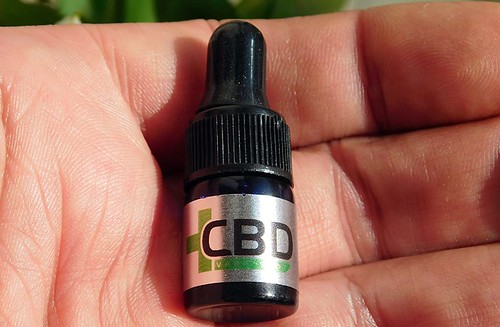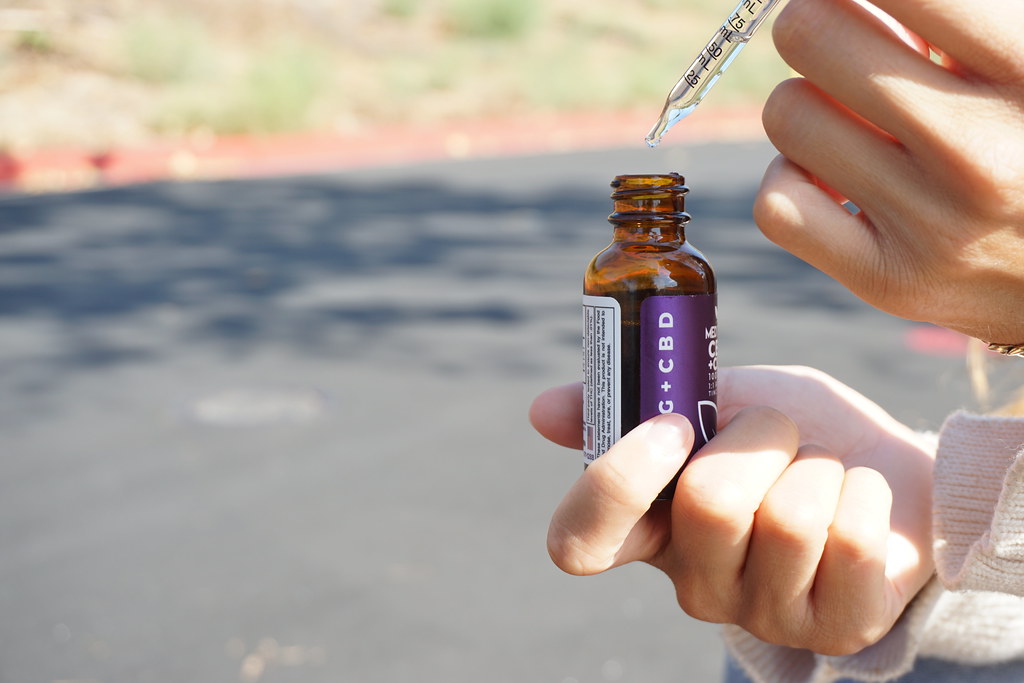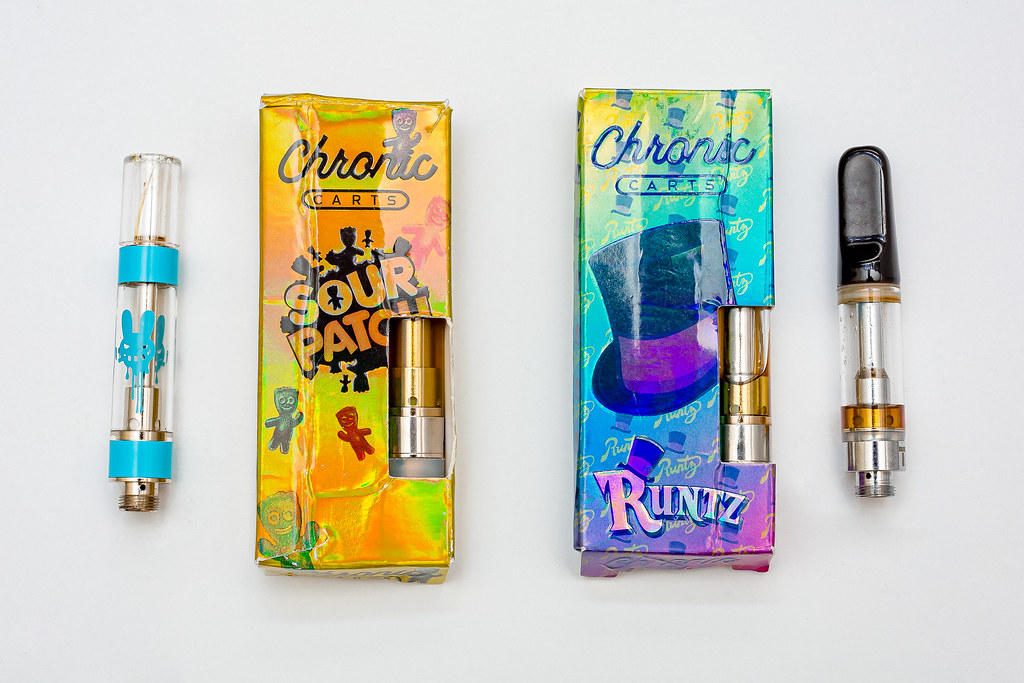
Does CBD Oil Affect Blood Clotting?
The world of CBD (Cannabidiol) is a fascinating one, with a myriad of potential benefits and applications. But with this expanding landscape of CBD products, it’s essential to address critical questions regarding its interaction with our health. One such question is: “Does CBD oil affect blood clotting?”
In this comprehensive guide, we will delve deep into the intricate relationship between CBD and blood clotting. We’ll explore what CBD is, how blood clotting works, and whether CBD indeed has any significant impact on this essential physiological process. By the end of this journey, you’ll be armed with the knowledge you need to make informed decisions about using CBD products, especially if you are on medications or have underlying health conditions.

CBD Oil and Blood Clotting: A Closer Look
Let’s start our exploration by understanding the individual components:
CBD Unveiled: Nature’s Wonder Compound
CBD, short for Cannabidiol, is one of over a hundred active compounds found in the Cannabis plant. Unlike its infamous cousin THC (Tetrahydrocannabinol), CBD is non-psychoactive, meaning it won’t get you “high.” It has gained immense popularity for its potential therapeutic benefits, such as pain relief, anxiety management, and anti-inflammatory properties.
The Intricacies of Blood Clotting
Blood clotting, scientifically known as coagulation, is a vital mechanism that prevents excessive bleeding when you get injured. This intricate process involves various blood components, primarily platelets and proteins called clotting factors, working together harmoniously.
Now that we’ve laid the foundation, let’s explore how CBD oil interacts with the blood clotting process:

The CBD-Blood Clotting Relationship
- CBD and Platelets: CBD’s influence on platelets, the tiny blood cells responsible for clot formation, has been a subject of interest. Some studies suggest that CBD may inhibit platelet aggregation, potentially reducing the risk of abnormal clot formation. However, this effect appears to be dose-dependent and might not pose a significant concern for most users.
- Coagulation Factors: CBD’s impact on coagulation factors, the proteins that regulate clot formation, remains an area of ongoing research. While some studies indicate that CBD might affect certain clotting factors, the clinical significance of these findings is yet to be fully understood.
- Medication Interactions: One of the critical aspects to consider is how CBD may interact with blood-thinning medications like Warfarin. There’s evidence to suggest that CBD could potentially enhance the effects of these medications, leading to an increased risk of bleeding. Therefore, if you are on blood thinners, it’s crucial to consult your healthcare provider before using CBD products.
- Individual Variability: It’s important to note that individual responses to CBD can vary significantly. Factors such as dosage, frequency of use, and one’s unique physiology all play a role in how CBD interacts with blood clotting.
FAQs: Addressing Common Concerns
Let’s tackle some frequently asked questions about CBD oil and its potential effects on blood clotting:
Is CBD Oil Safe for People with Blood Clotting Disorders?
CBD’s safety for individuals with blood clotting disorders is a matter of debate. While some studies suggest a possible influence on clotting factors, the overall risk appears to be low. However, if you have a clotting disorder, it’s imperative to consult your doctor before using CBD.
Can CBD Oil Replace Blood Thinners?
No, CBD oil should not be used as a replacement for prescribed blood-thinning medications. If you require blood thinners, consult your healthcare provider before considering CBD as an additional treatment.
What’s the Right Dosage of CBD Oil to Minimize Blood Clotting Risks?
Determining the appropriate CBD dosage can be challenging, especially concerning blood clotting. It’s advisable to start with a low dose and monitor your body’s response. Consulting a healthcare professional for personalized guidance is always a wise choice.
Are There Any CBD Products Specifically Designed for Blood Clotting Concerns?
As of now, there are no CBD products explicitly formulated for blood clotting concerns. It’s essential to choose high-quality CBD products from reputable manufacturers and discuss your usage with a healthcare provider.
Can CBD Oil Positively Impact Blood Circulation?
Some users report improved blood circulation with CBD use due to its potential to relax blood vessels. However, this effect is generally mild and may not have a significant impact on overall blood clotting.
What Are the Potential Benefits of CBD Oil Beyond Blood Clotting?
CBD has garnered attention for its potential benefits in managing anxiety, chronic pain, inflammation, and even epilepsy. While it may have a mild influence on blood clotting, these other potential benefits are where CBD shines.
Conclusion: Navigating the CBD and Blood Clotting Landscape
In the quest to understand whether CBD oil affects blood clotting, we’ve unveiled a complex relationship that requires further research and consideration. While there is evidence to suggest that CBD may have some influence on the clotting process, it’s essential to approach this topic with caution, especially if you have underlying health conditions or are on blood-thinning medications.
As CBD’s popularity continues to soar, it’s crucial to stay informed and consult healthcare professionals for personalized advice. Remember that individual responses to CBD can vary, and what works for one person may not be suitable for another.
In the end, the key takeaway is that while CBD may have a role in blood clotting, its potential benefits in managing other health issues are where its true promise lies.
So, if you’re considering incorporating CBD into your wellness routine, do so with knowledge, caution, and the guidance of a healthcare expert.



Leave a Reply